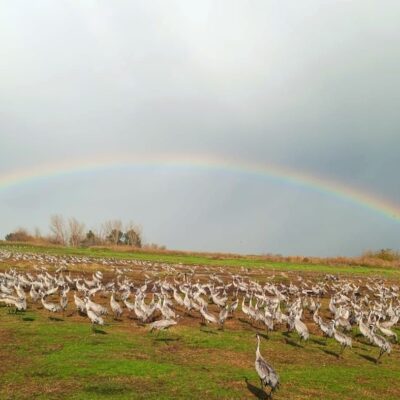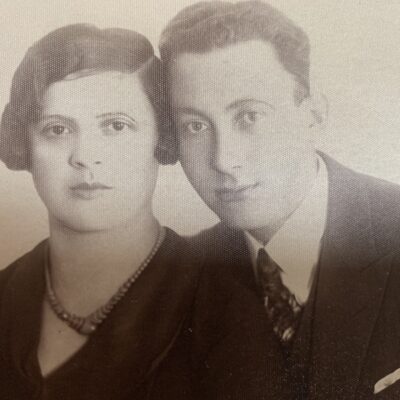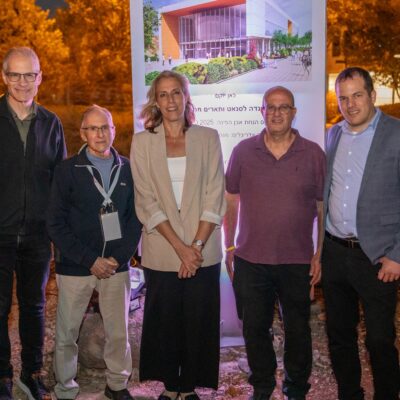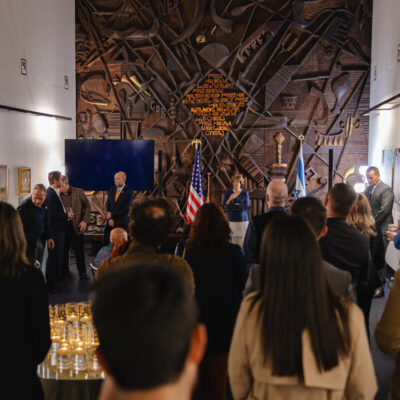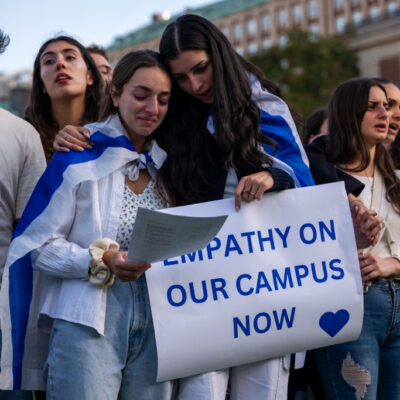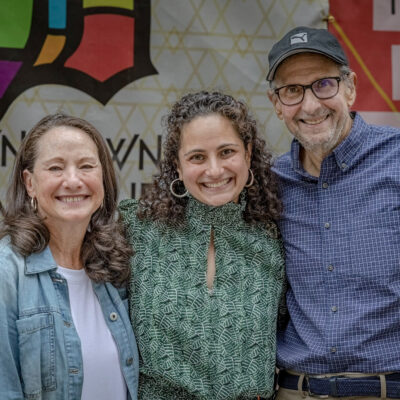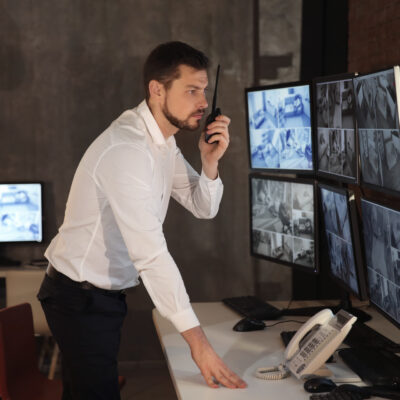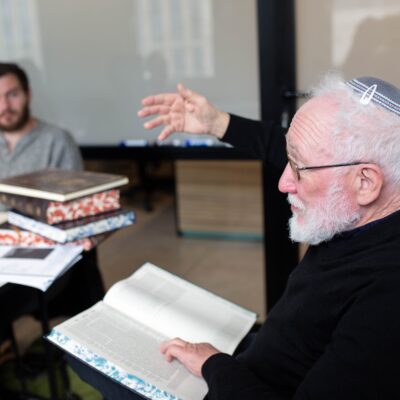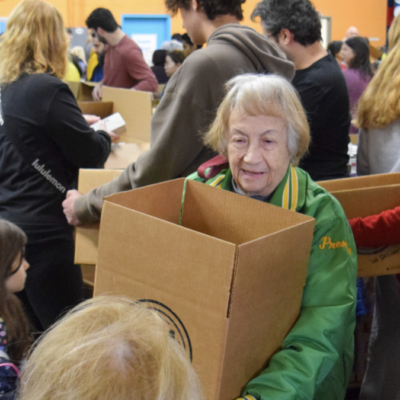Jewish Peoplehood – It’s All About Relationships

[This essay is from The Peoplehood Papers, volume 16 – Developing Teen Leadership with a Peoplehood Orientation – published by the Center for Jewish Peoplehood Education.]
By Ginette Searle
As a teenager in the 1970s, a note to a boyfriend was carefully crafted, workshopped with a best friend and written, then rewritten on your prettiest stationary and surreptitiously delivered.
Today, hey, it’s a whatsapp conversation, multiple instant messages silently vibrating throughout the classroom, possibly forwarded on to the BFF, squeezed in between the tens of other whatsapp group conversations happening simultaneously. They “talk” in abbreviations, digits, acronyms, emojis and way too many exclamation marks (K, gr8, cu l8er!!!!). It happens at lightning speed, fingers flying fast over minute keyboards. Welcome to the world of the teens and of the 20-teens.
Communication is our principal tool for developing peoplehood. Whether it’s a discussion over a coffee, a Skype with overseas grandparents, or by sharing photos on Instagram, personal connections remain the fundamental building blocks of understanding, of relationships and therefore of defining what unites us.
Jewish peoplehood is, by definition, a personal enterprise. It’s about relationships, about connections between individuals as the basis of connections between communities. Jewish identity is a concept based on relationships with others. It’s no coincidence that common measures of Jewish identity include frequency of attendance at synagogue (Beit Knesset – the place where we assemble); how often people share Shabbat meals with their families and who they marry. Indeed, our communal, familial and personal relationships go a long way to defining our Jewish identity.
For teens today, their grandparents, or most likely their great grandparents lived during the time of the holocaust and would remember the establishment of the State of Israel. Their parents probably don’t remember the 6 Day War but may have been born in time to recall Israel’s success at Entebbe. The sense of identity in those generations is axiomatic. Intermarriage was the big taboo for these first and second generations of the survivors.
Today’s youth, however, were born into a world where Israel is no longer the darling in the media and we hear of reticence among them to support Israel in public because of what’s portrayed in the media. Indeed, today’s youth could look at Israel with pride about technology and innovation, but as a young man once said to me, just because Nokia was developed in Finland doesn’t make us feel anything about Finland.
So how do we engage young people in Jewish and Zionist leadership in this generation?
Youth movements in Australia are strong and remain a most successful enterprise in engaging young people in their Jewish identity, Zionism and activism. A leader of the Zionist youth movements recently corrected a description of youth as “the leaders of the future” to “the young leaders of today” which indeed they are. Jewish Day Schools, which are attended by approximately 70% of Australian Jewish high school students, are continually raising the bar in the area of informal education, hadracha, and extra-curricular activism and the students are responding with enthusiasm.
The influences of the “near peers” – madrichim, the “cool” informal education teams, Israeli shlichim who visit to run the highly anticipated “Zionist Seminars” in schools – on young people is invaluable, something we understood anecdotally and has been confirmed through recent research. The influence is based on the relationships formed. When something happens in Israel, teens may be interested for intellectual reasons, but they care because they have a relationship with someone who’s there. What they don’t read in the news, they see on their friends’ Facebook feeds.
Old school, new school. The teens of today would barely recognise a classroom of the 1970s – copying from the blackboard’s been replaced by a click to download the slideshow on the iPad. Instead of lectures, there are multi-media presentations, videos, interactive programs which acknowledge the fact that today’s youth multi-task.
So we might scratch our heads and wonder how the teens today can conduct so many conversations at the same time, what it means when they post photographs of their breakfast on Instagram or when “talking” became typing. Whilst the language seems different, the discussions are familiar – who am I, what is meaningful to me and how can I make myself relevant in this world.
So whether it’s at school, at a youth movement program or in a dedicated leadership development program like the Diller Teen Fellows, the principle remains: the most important values and engagements are and always must be the intimate, relational and personal.
Here in Melbourne, Australia we are excited to embark on our first Diller Teen Fellows program, partnering with the Golan Region in Israel. We are set to bring together 40 young people from these two communities from opposite sides of the world, to get them talking about what defines them, what’s important to them and most of all, what unites them. No doubt the discussions will be vibrant, interesting and intellectual. But it’s the friendships that will be formed that will inspire and motivate them to continue to engage beyond the duration of the program. These relationships will create the young leaders of today and tomorrow.
Ginette Searle is the Executive Director of the Zionist Federation of Australia, and mother to 4 teens/ young adults.

 Add EJP on Google
Add EJP on Google